Trending Now
Sunday, Nov, 2024
Home / Russia Is All-Ready To Introduce a New System of Higher Education in 2023
Russia Is All-Ready To Introduce a New System of Higher Education in 2023
For the first time, a timeframe has been offered for when Russia will drop out of the Bologna system, set up in 1999 in order to develop a universal standard for higher education across Europe and acknowledged in 49 countries. The action at a time of elevated geopolitical tension with the West over the war in Ukraine. There is a chance that the new system will be grounded on the 2+2+2 concept, which offers more flexible options and opportunities for students to change their educational programme.
 by Pragti Sharma /
by Pragti Sharma /  04 Oct 2022 13:28 PM IST /
04 Oct 2022 13:28 PM IST /  0 Comment(s) / 570
0 Comment(s) / 570
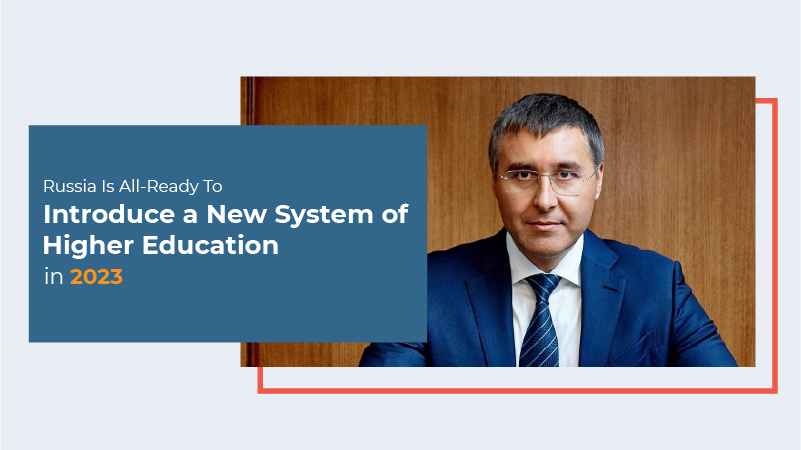
Image Courtesy : www.facebook.com/vnfalkov
According to Valery Falkov, Russian Minister of Science and Higher Education, the new national higher education system, developed to replace the Bologna system, will be officially introduced in Russia at the start of 2023.
For the first time, a timeframe has been offered for when Russia will drop out of the Bologna system, set up in 1999 in order to develop a universal standard for higher education across Europe and acknowledged in 49 countries. The action at a time of elevated geopolitical tension with the West over the war in Ukraine.
Russia signed up for the system in 2003 and dropped Soviet-era specialist degrees in acceptance of 2 tier system of 4year bachelor degrees and optional 2-year postgraduate qualifications in 2009.
Valery Falkov stated the Ministry of Science and Higher Education would submit propositions to the State Duma in the first week of October on the configuration of a new national system this autumn.
Falkov informed so far- the ministry has created several working groups, which involve university heads and scientists, that will specify the objectives and principles of the new national system of higher education.
There is a chance that the new system will be grounded on the 2+2+2 concept, which offers more flexible options and opportunities for students to change their educational programme.
The 2+2+2 concept signifies that the first 2 years of study will be devoted to the formation of basic knowledge of a student, which will be equal to a bachelor's degree, and the second 2 years to profiling (a specialist degree), and the last two years on magister courses for aggravating the acquired knowledge.
Under this system or concept, a student can choose the direction of their training from the third year of study.
The assistant to the president of Russia and a former Russian minister of science and education, Andrei Fursenko, stated by concentrating on two years of training, we can encourage a person to change the course of the learning procedure. The concept could be more efficient & flexible. Several educational institutions in Russia are ready to test this initiative.
A spokesperson for Peter the Great St Petersburg Polytechnic University stated that any system must be grounded on the cultural and historical aspects of the country. But the Bologna concept is designed according to well-established Western values and is not appropriate for Russia.
According to the officials of the ministry of higher education, the new system will improve the popularity of higher education in Russia, which is essential amid the rapidly varying needs of the labour market. The government is convinced that the new concept will be workable for most domestic universities and their courses and programmes.
According to the Ministry of Science and Higher Education officials, the evolution of the domestic universities to the Bologna approach, introduced in 2009 and completed in 2013, directed to the disappearance of specialties and characteristic qualifications of graduates.
In turn, this created specific complications in the labour market since the qualification- bachelor's or master did not prepare them for particular professions in Russia. Multiple employers stated that they were disappointed with the skill level of university graduates and that they could not deliver them good job opportunities before additional training.
As per the information by the officials, the new system will pull on the positive Western experience, including, for example, the requirement of student exchanges, internships, and the national interests of the nation. But there will not be a recovery or a return to the Soviet system of studying precisely for five years on a fixed course without the opportunity to change course.
Representatives from various leading Russian universities consider that the transition to the new concept will contribute to domestic higher education institution research and educational potential.
Irina Abankina, a professor at the National Research University Higher School of Economics, the most prestigious university in the area of economics, said that the new state initiative was very essential.
Abankina stated that since 2012, many serious problems have accumulated in the Russian higher education system. It is necessary to expand the specialty in specific areas, especially in engineering, in technological things. Abankina added now there is a high demand for engineers and technologists who could aid solve the troubles of import substitution and establish damaged supply chains of interactions within the business. The system should become more adaptable, as there could be a bachelor's, a master's degree, and a specialist that is all these levels.
But the director of E-kvadrat Consulting and Media and an expert in higher education, Egor Yablokov, said the rejection of the Bologna system would only raise the solitariness of Russian universities.
According to E-kvadrat, that will direct the narrowing of routes of Russian university graduates to professional activities and will not authorize them to work in the current post-industrial economy. He added that numerous young people would choose to study abroad and not return to Russia after their graduation.
News Source: University World News
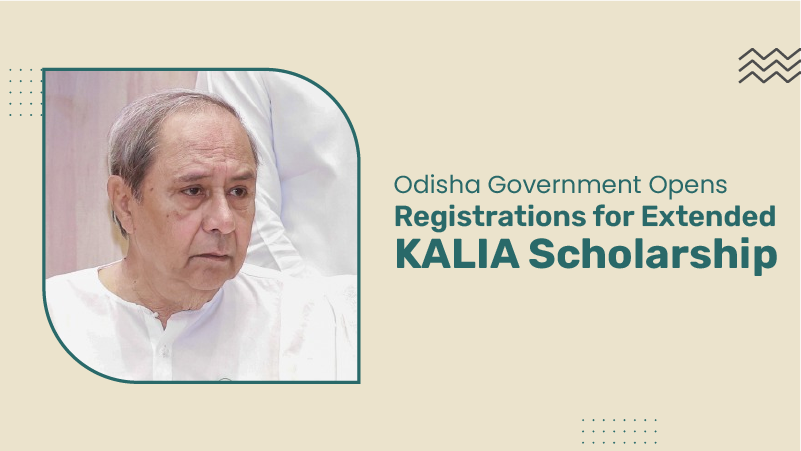
Reforms / January 11, 2024
Odisha Government Opens Registrations for Extended KALIA Scholarship
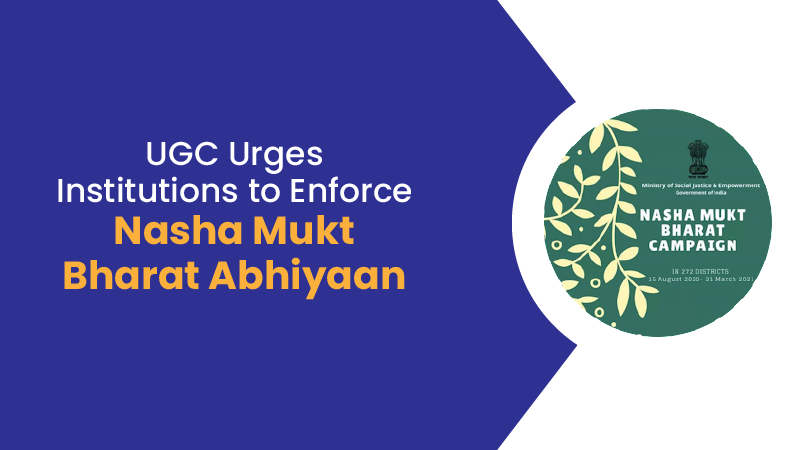
Reforms / January 03, 2024
UGC Urges Institutions to Enforce Nasha Mukt Bharat Abhiyaan
EShort / February 16, 2024
IMS Noida Admissions 2024: Apply for UG, PG programmes
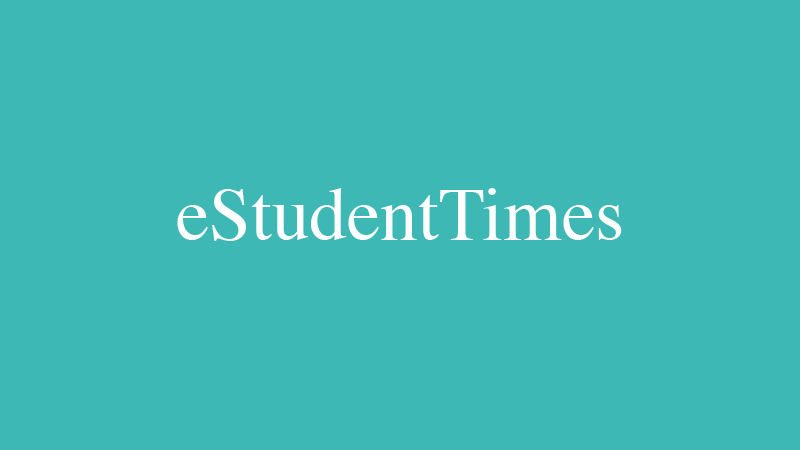
EShort / February 16, 2024
GATE 2024: Response sheet out
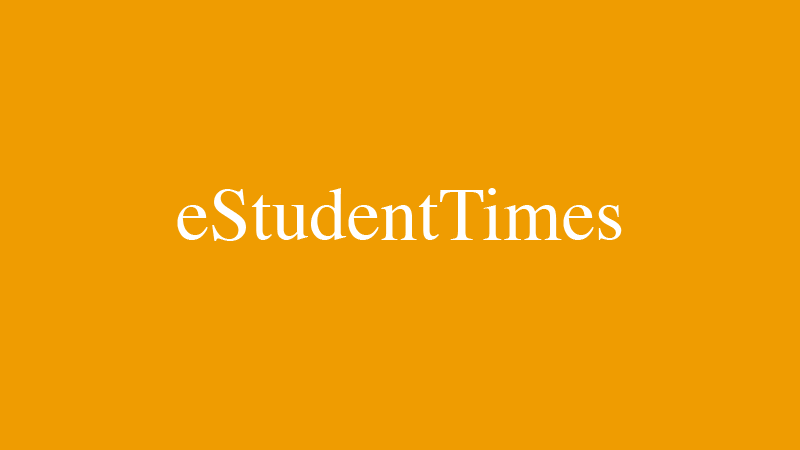
EShort / February 16, 2024
BSSTET 2023: Admit card released
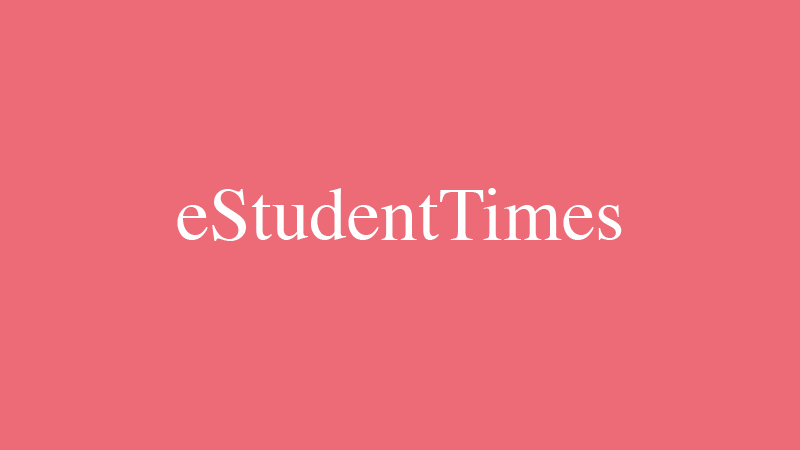
EShort / February 16, 2024
NID DAT 2024: Prelims result released
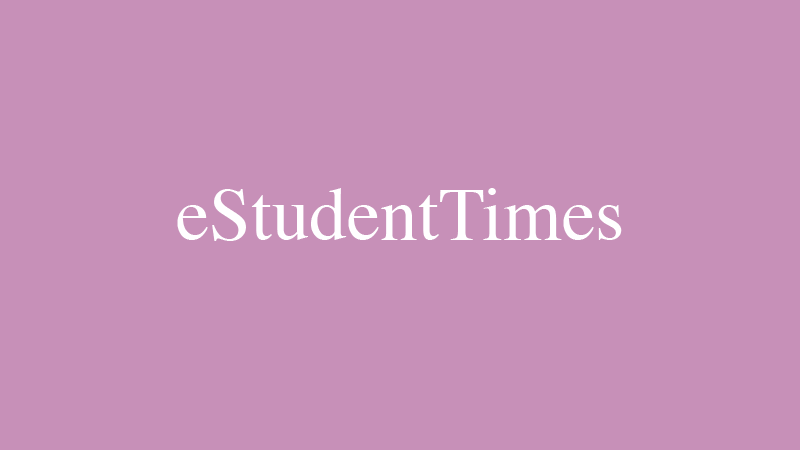
EShort / February 16, 2024
IIT JAM 2024: Response sheet released
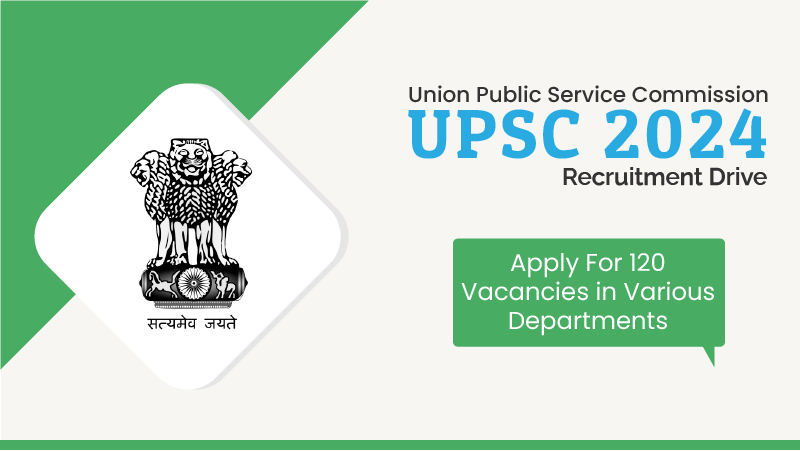
Jobs / February 16, 2024
UPSC Recruitment Drive 2024: Apply for 120 vacancies in various departments
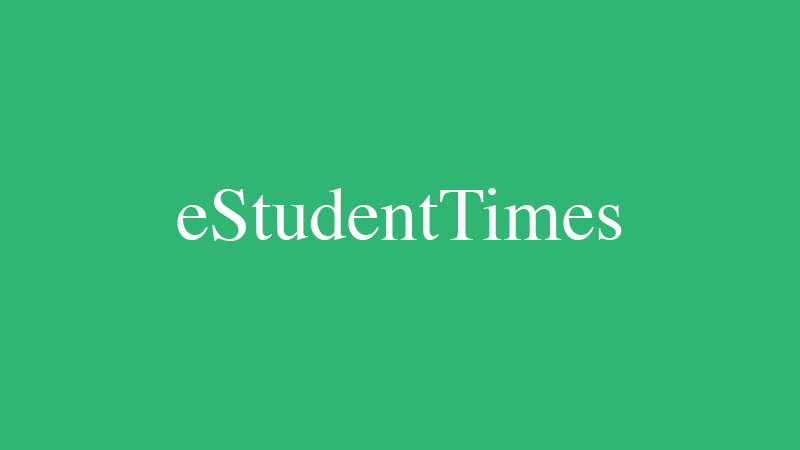
EShort / February 14, 2024
UPSC CSE 2024: Official Notification issued; application process begins
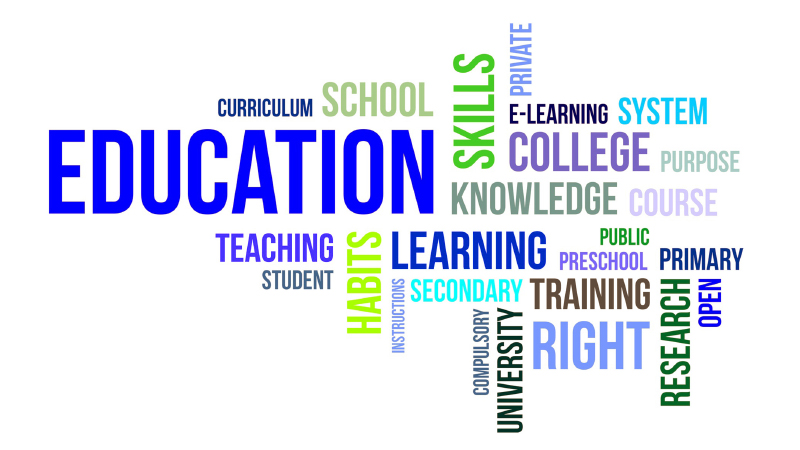
Editor's Desk / April 17, 2020
How Does Society Impact Our Education?

Current Affairs / April 22, 2020
Mr. Sudarsanam Babu appointed to U.S. Science Board.
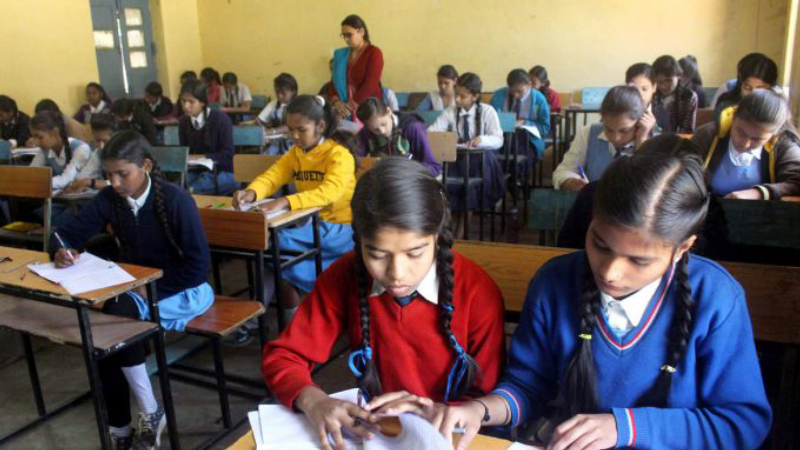
Reforms / April 17, 2020
Traditional Structure of Education In India
.jpg)
Events & Seminars / April 17, 2020
PISA!!
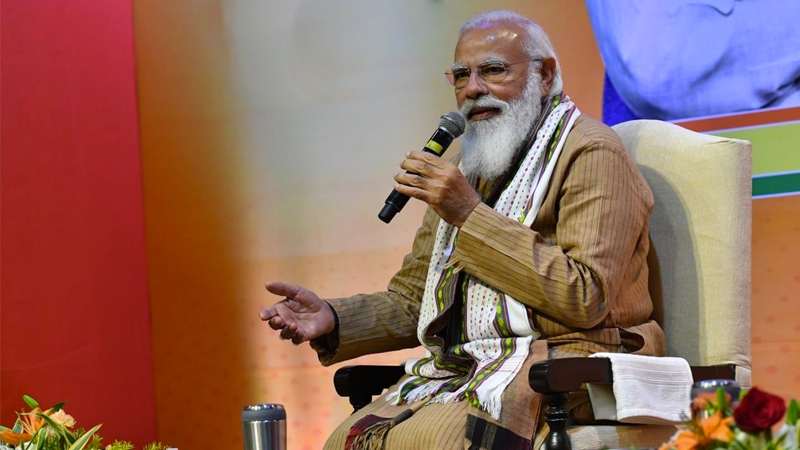
Blog / February 26, 2021
Government's Action On #ModiRojgaarDo
EShort / May 19, 2022
CUET PG 2025 has started the registration process.

Notice Board on Important Dates / April 21, 2020
World Heritage Day

News / July 08, 2021
JEE Mains Registration For Session 3: Last Date To Apply
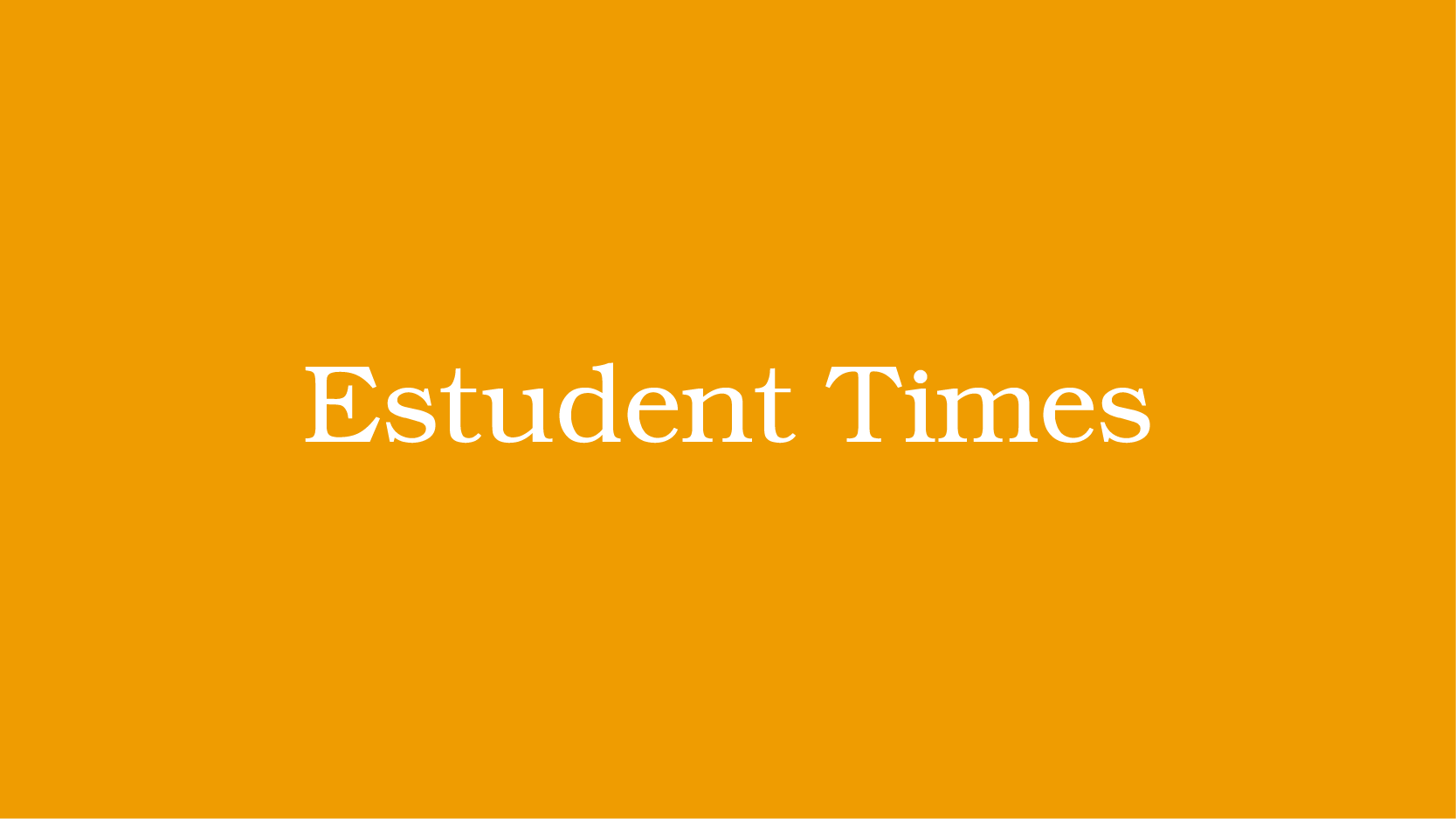
EShort / December 14, 2021
UPSC Declared Final Result For DCIO Recruitment
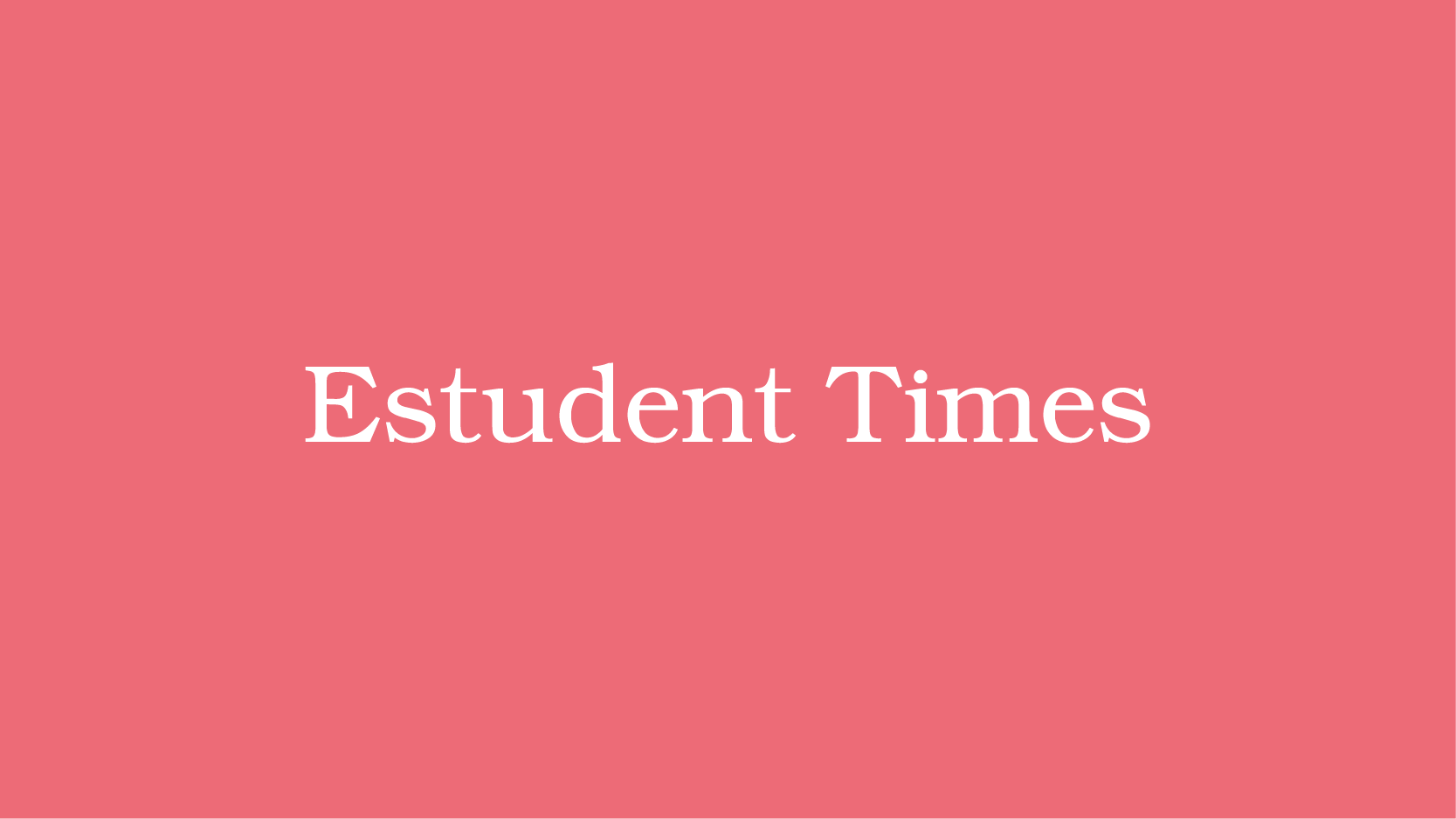

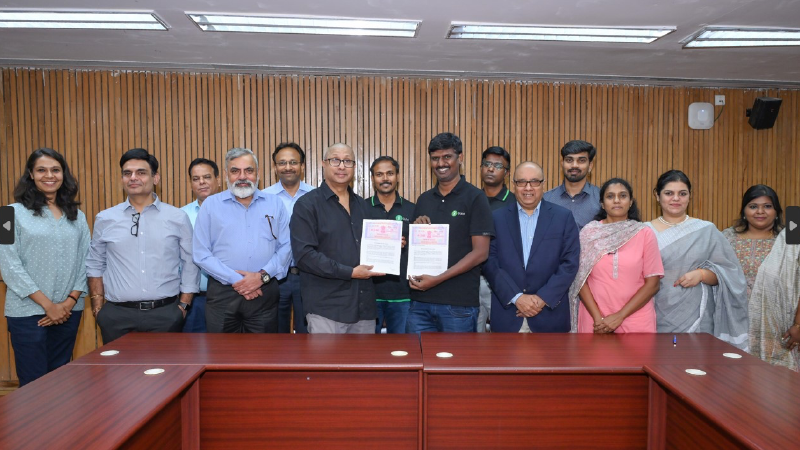
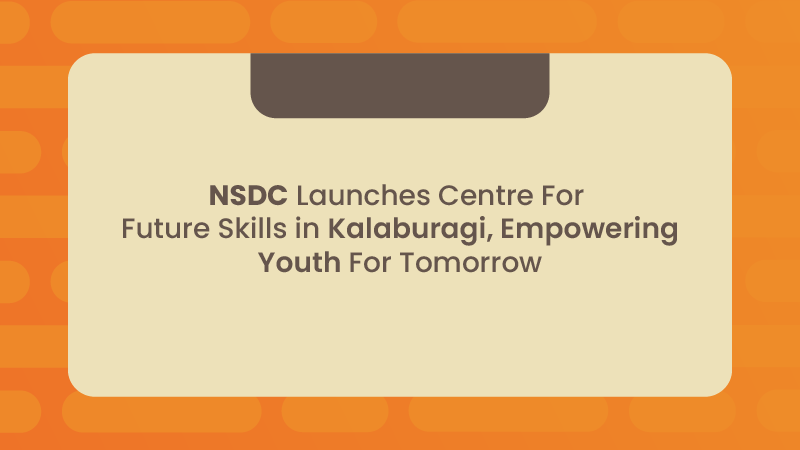
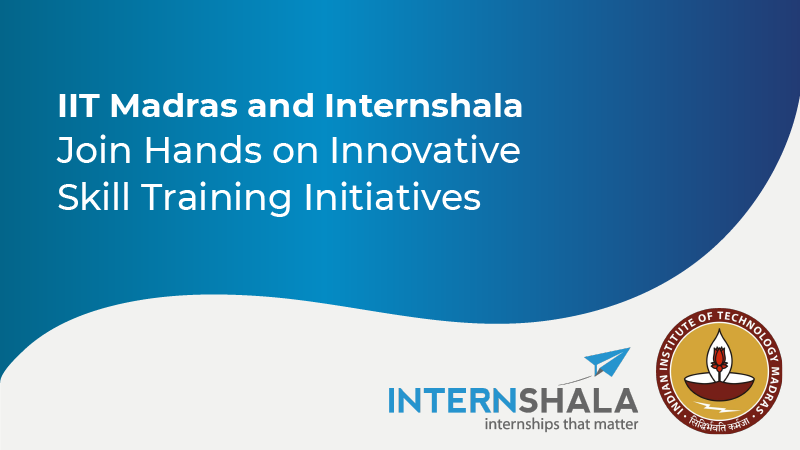
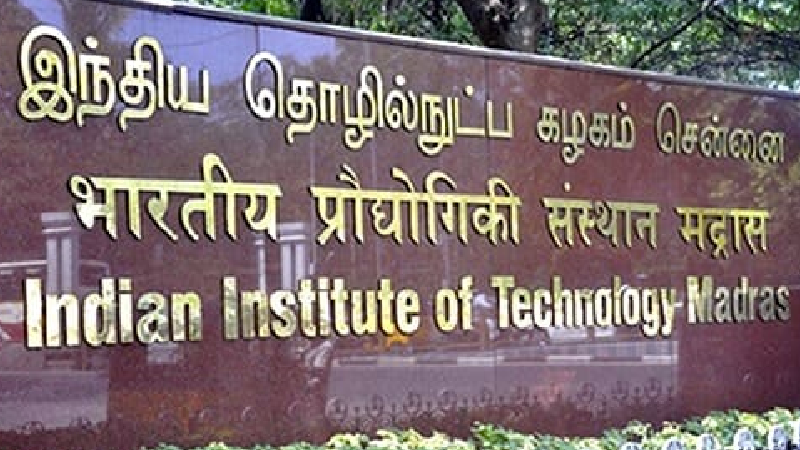
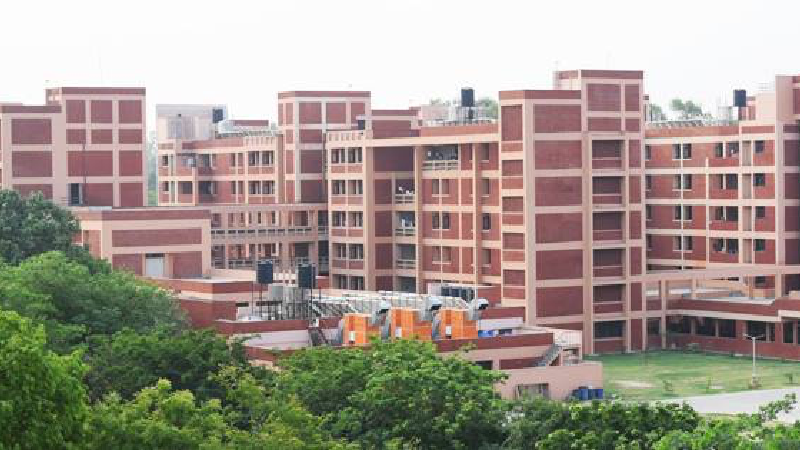
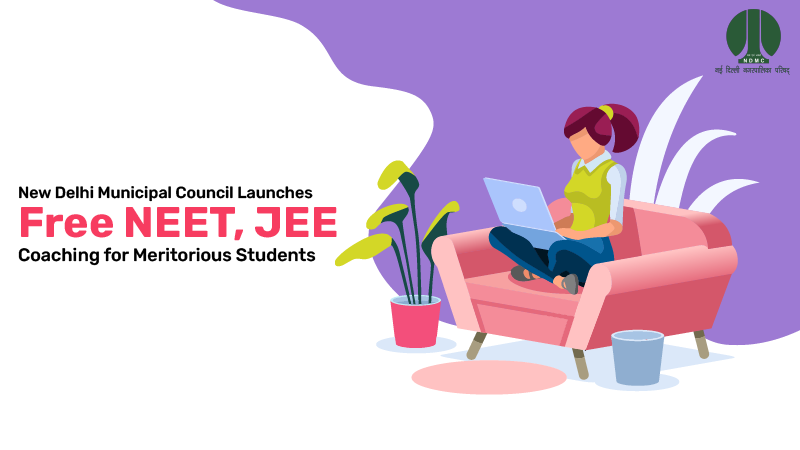
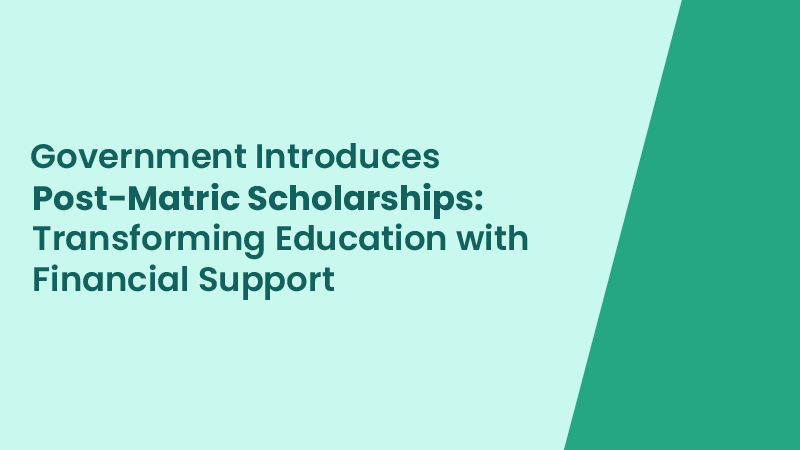

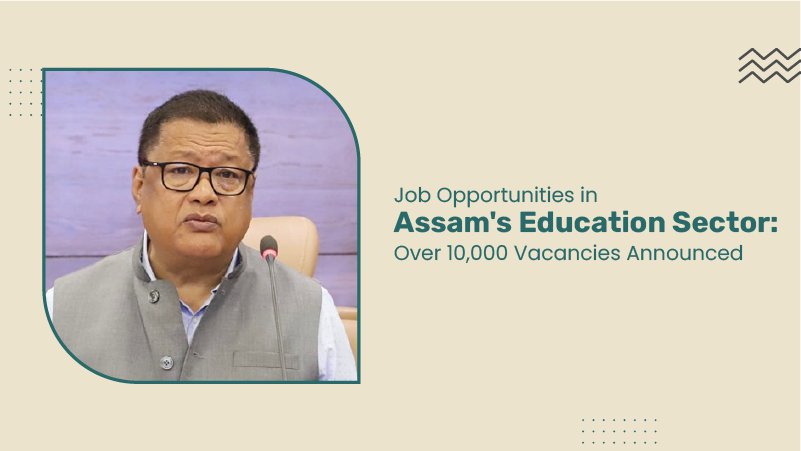
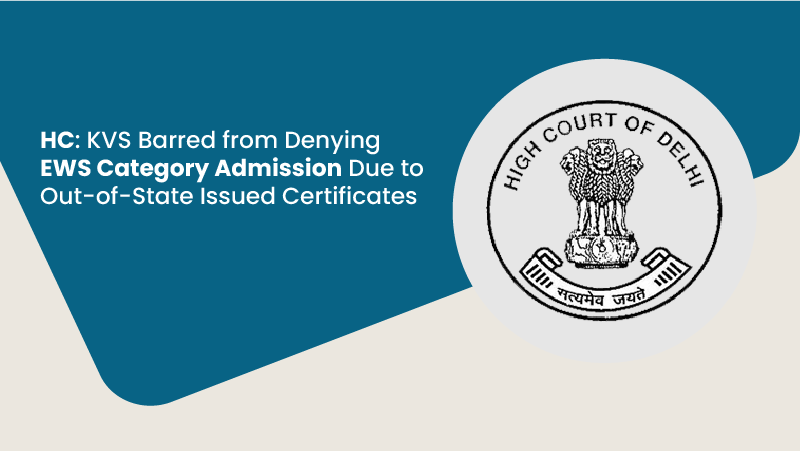
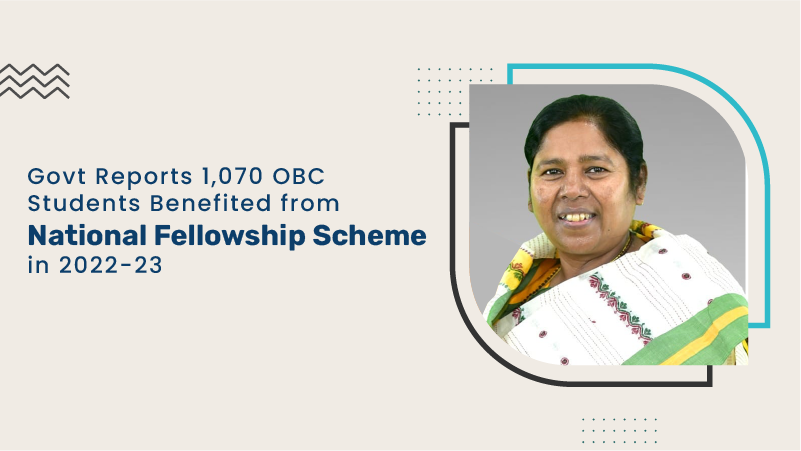
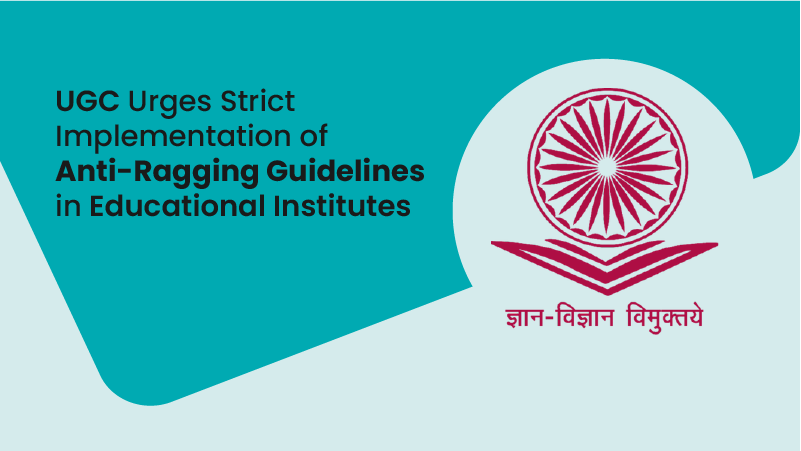
-02.png)
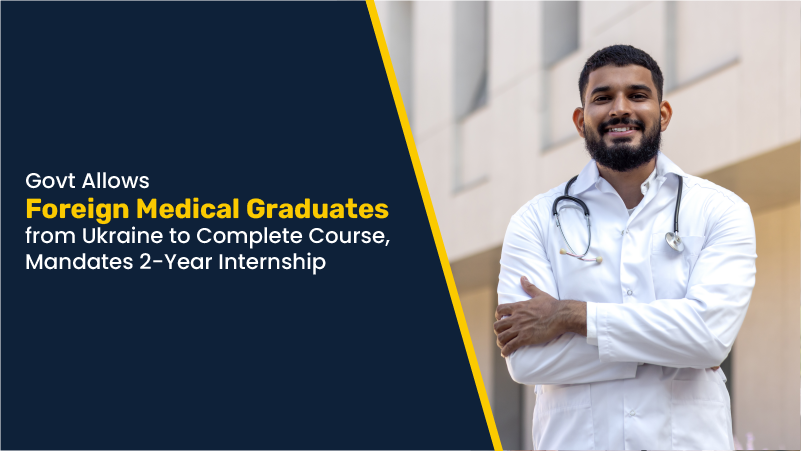
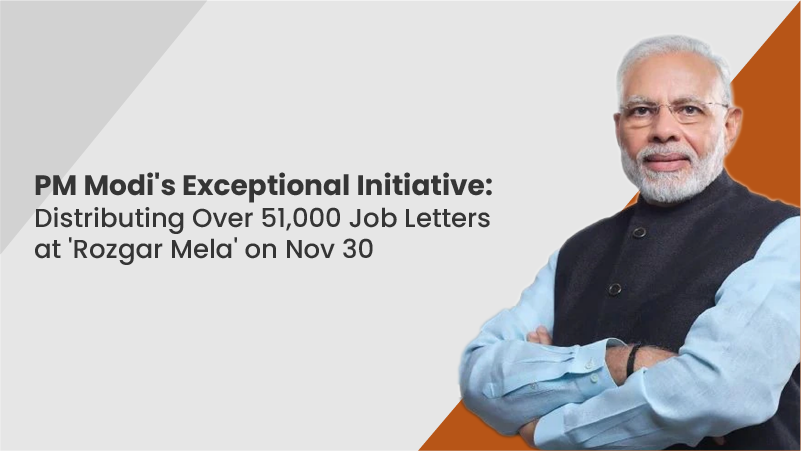
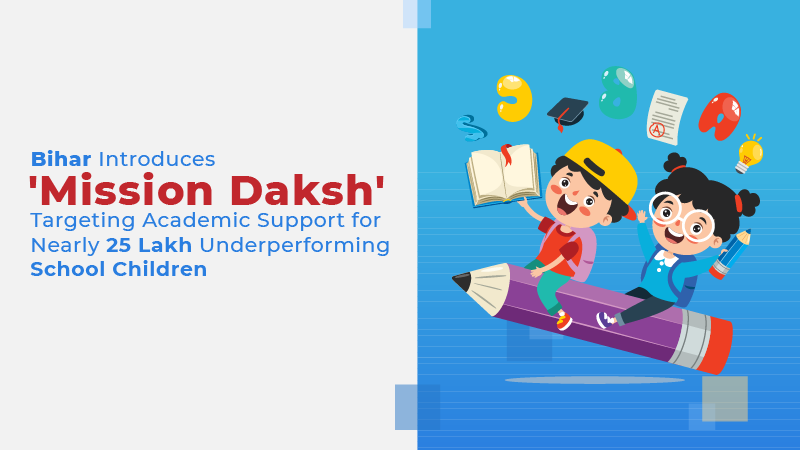

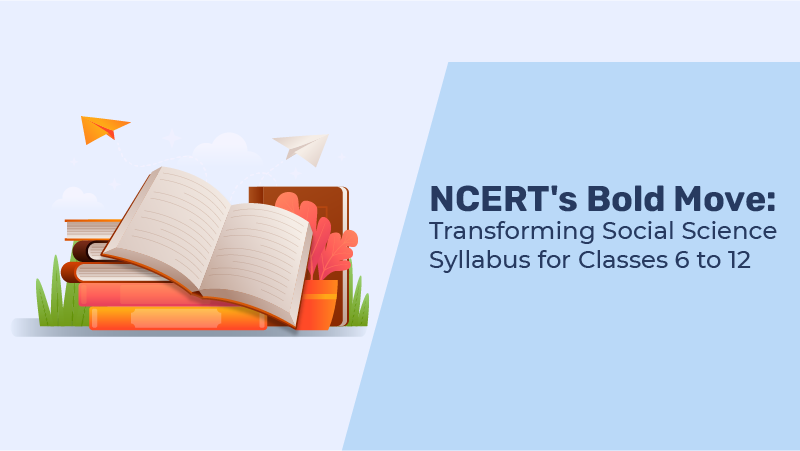
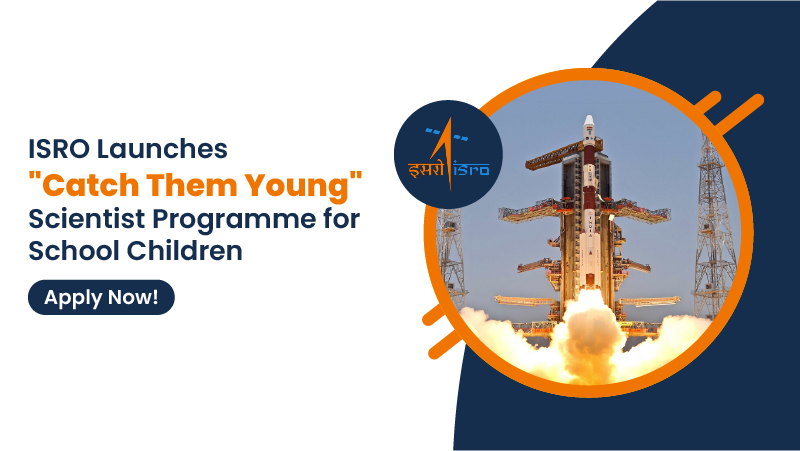
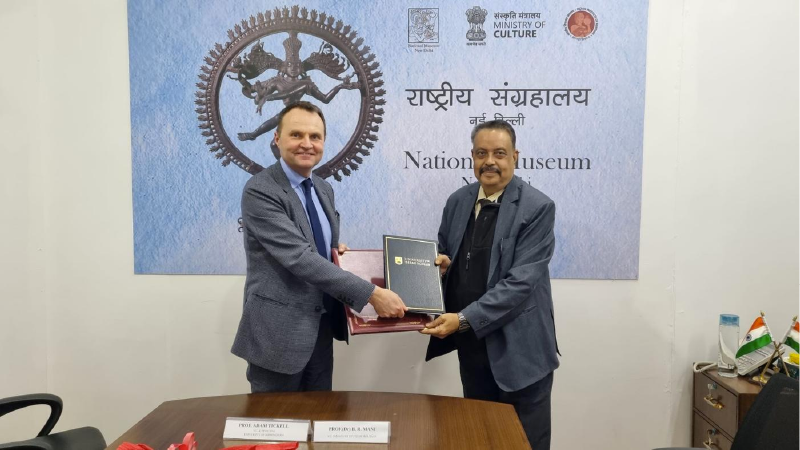
0 Comments
Post Comments